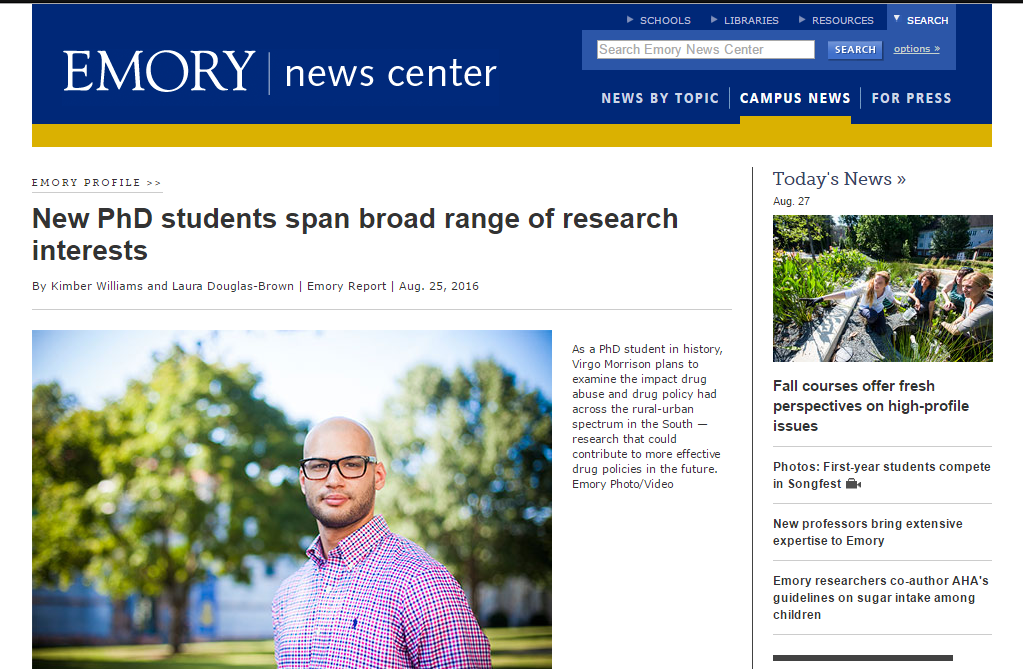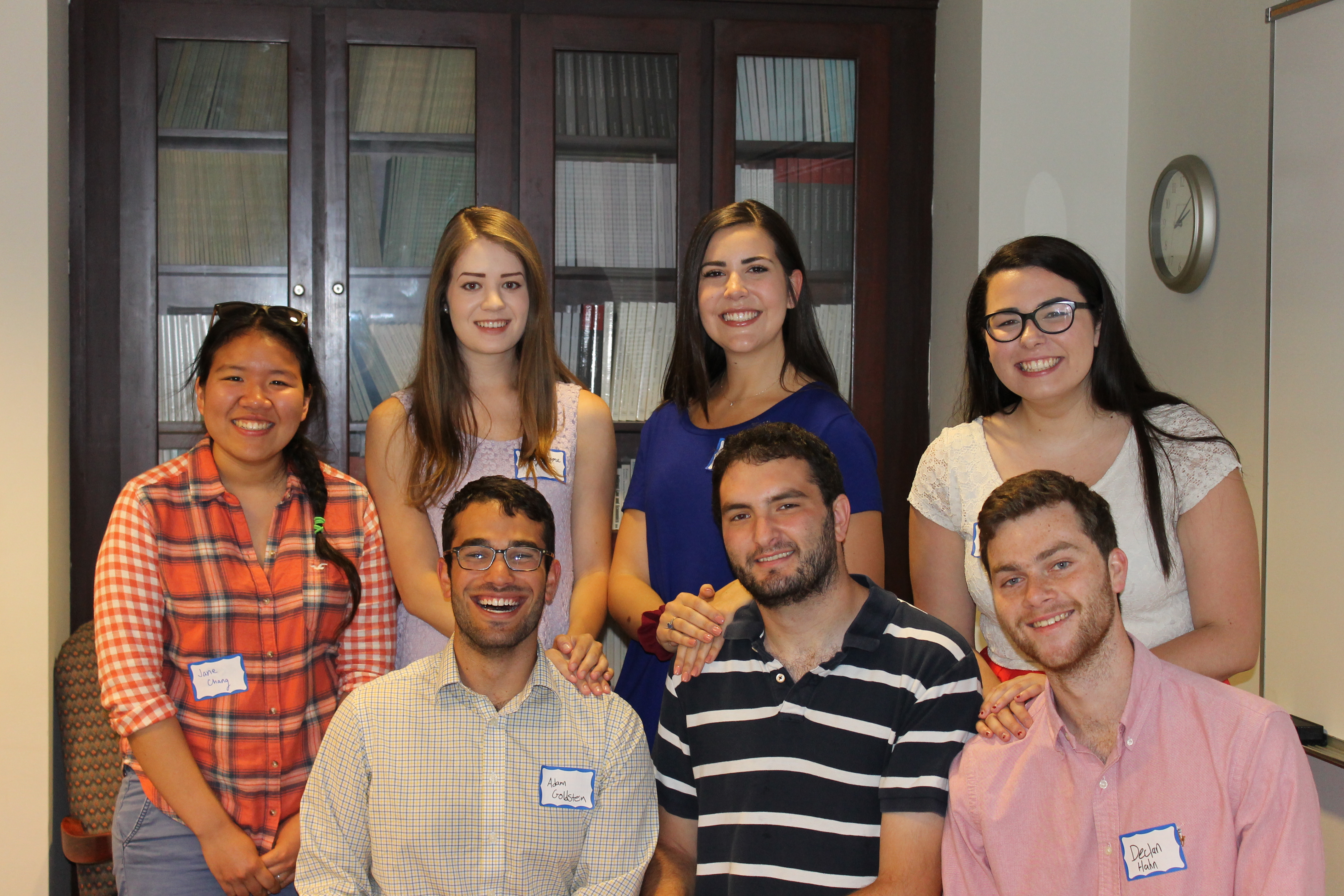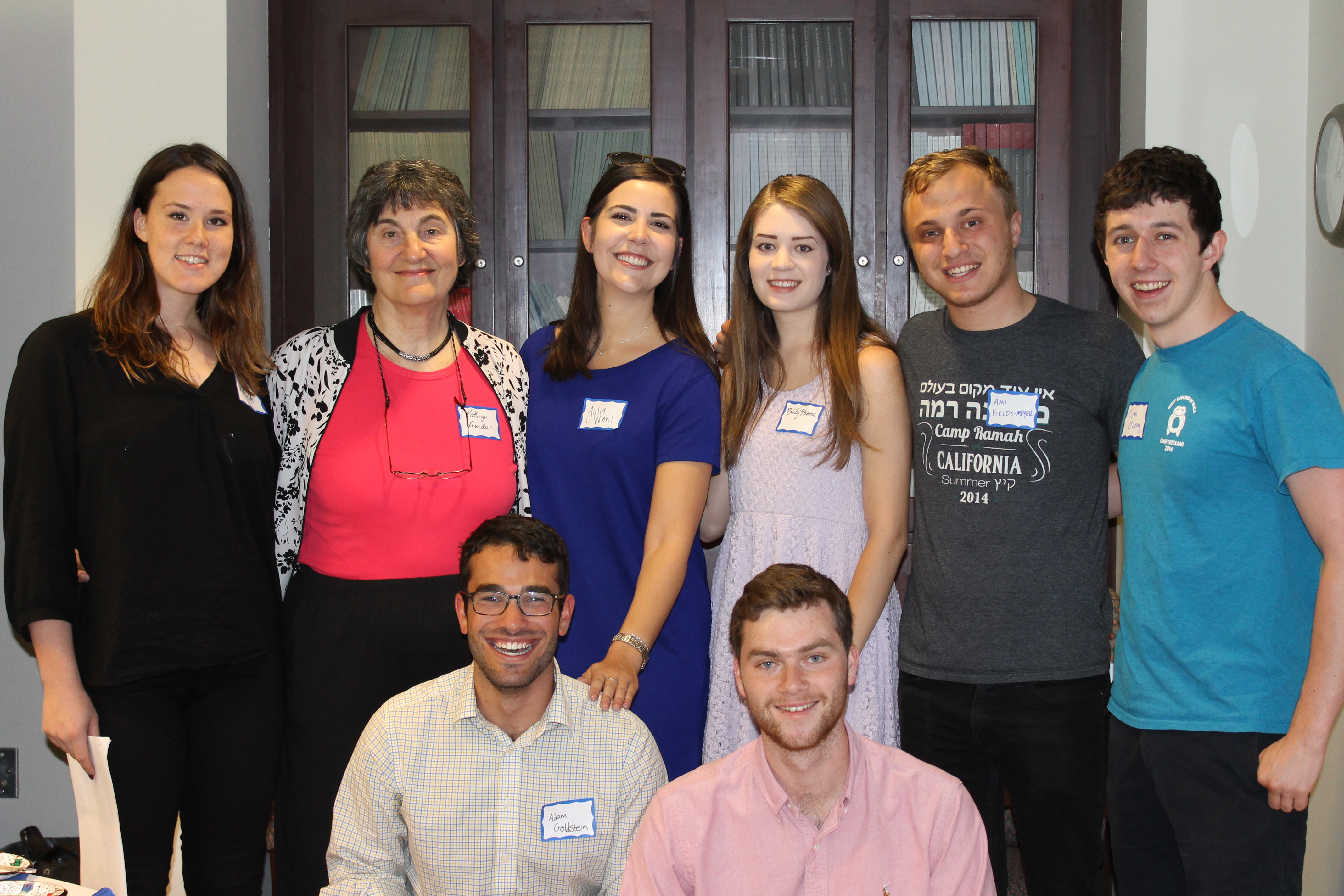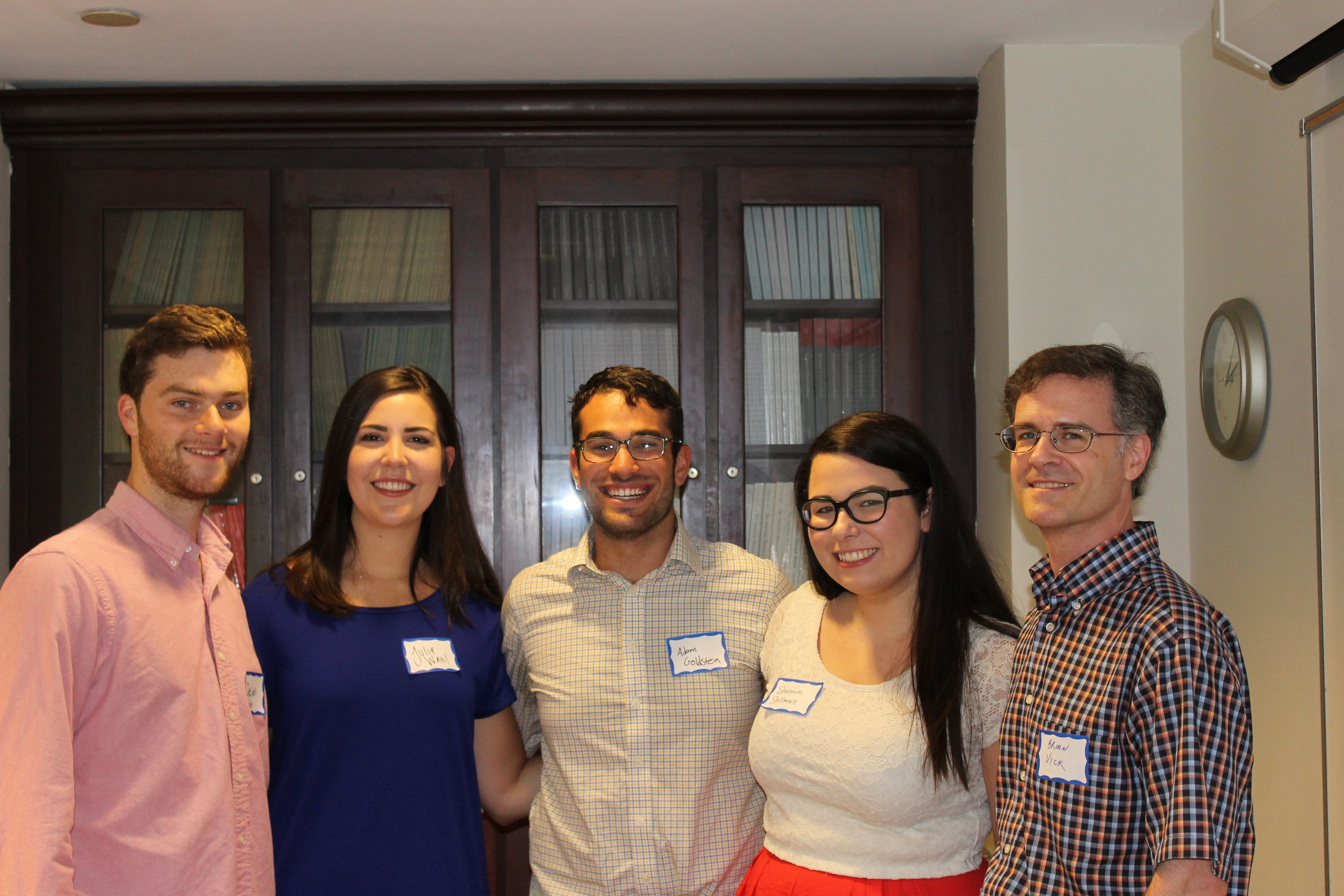Deborah Lipstadt, associated faculty of the History Department and Dorot Professor of Modern Jewish History and Holocaust Studies, was recently featured in an op-ed in The Atlanta Journal-Constitution by Bert Roughton. Roughton discusses a recent libel trial in England involving Lipstadt, who was charged to prove herself innocent of libel against David Irving. Irving has authored works that deny the Holocaust. View an excerpt below or check out the full article here.
“Lipstadt recalls the trial as a test of the place facts hold in understanding our history. ‘The trial was about the difference between fact and opinion — truth and lies,’ she said in an email. ‘Our objective was to demonstrate to the court not what happened in the Holocaust — though we did end up doing that as a byproduct — but prove that what deniers such as Irving say is based on lies and distortions of evidence.
‘Of course, another important element was that the ‘opinions’ held by deniers such as Irving are laced with anti-semitism, racism, and love of Nazism,’ she wrote. ‘More than laced with, they are built on the foundation stone of those hatreds.”




